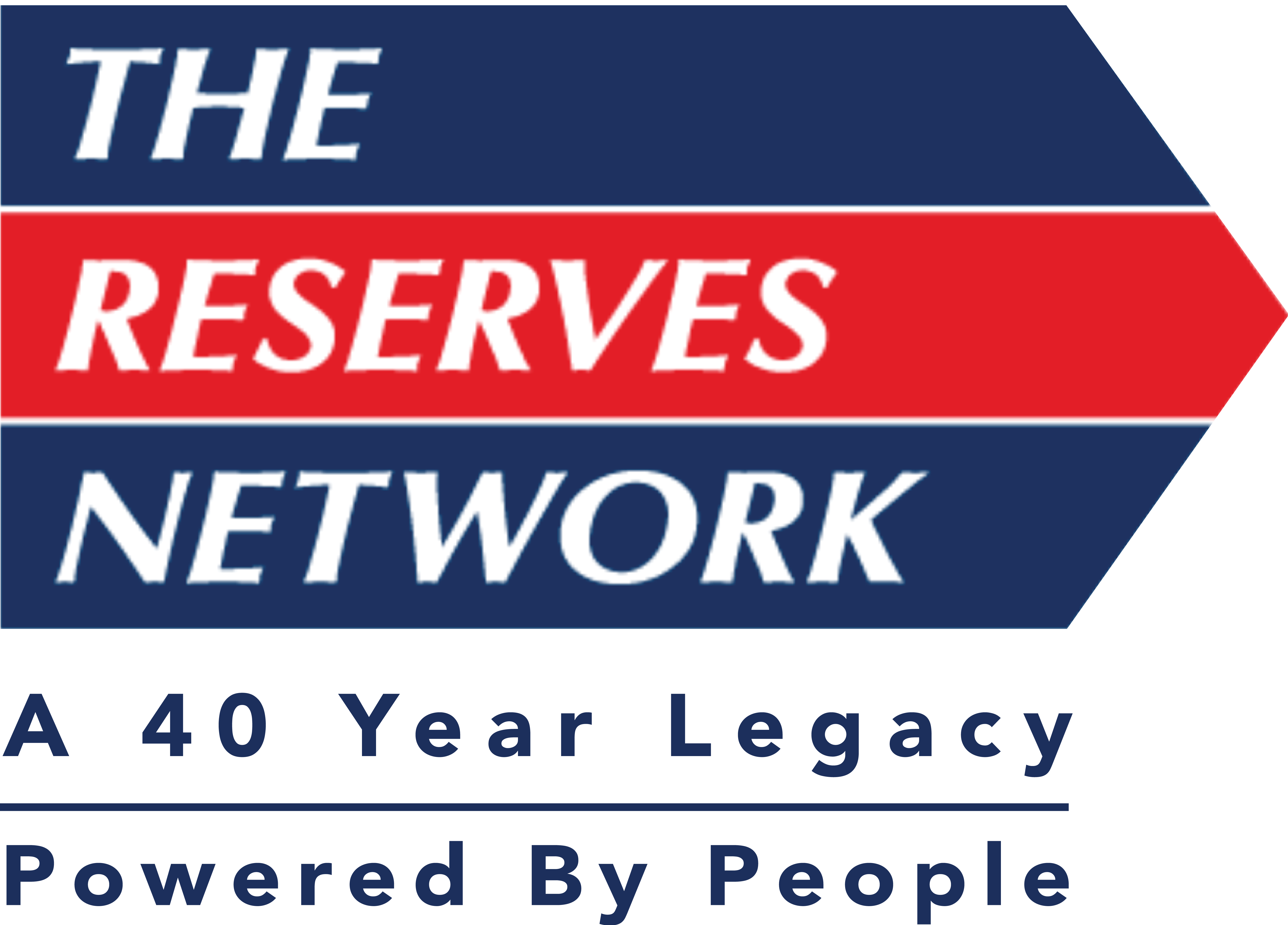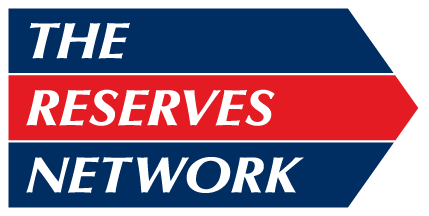Second Interviews: How to Follow Your Own Recipe for Success
Congratulations, you’ve made the cut!
Your resume was polished, professional and caught the hiring manager’s eye. You ironed your shirt, arrived early and nailed your interview. They were so dazzled by the first impression you made that they’ve called you back for a second interview.
Now is your chance to seal the deal, and thankfully, with a few simple steps, you can lock in a position at your new employer.
Come Prepared to Meet New Interviewers—and Remember Formalities
You were polite, courteous, and gave thoughtful and honest answers during your first interview. By the end of the interview, you had established a rapport with the interviewer and could probably already imagine working with them. Remember that they are presenting you to another interviewer this second time around, and putting their credibility on the line by recommending you. Be professional and give them their due:
- Treat your first interviewer with respect and formality in front of their colleagues.
- Conduct yourself as professionally as you did when you first walked in for your first interview.
- Above all, remember, you are going to be making a new first impression, so prepare to put your best foot forward.
Don’t Expect the Same Interview
Keep in mind that your second interviewer will have already read your resume and reviewed the notes from your first interview. Their time is valuable, however, and they won’t want to discuss the same information all over again.
“Questions asked during a second interview are often tough to prepare for,” said Leanne Suesse, recruitment specialist at The Reserves Network. “They may include questions related to your skills and character, or curveballs designed to test your reaction to something unexpected.”
To make sure you’re ready for some difficult questions:
- Make a habit of pausing before answering. You will answer with more composure than if you try to respond off the cuff.
- Don’t overthink the reasoning behind the question—focus on answering it, even if you don’t understand why you are being asked.
- End each answer by returning to the original question. This shows that you are able to communicate complex ideas and stay on track.
Come Prepared with Questions
After the first interview, it’s always a good idea to jot down some notes about the questions that were asked, as well as questions you have following the conclusion of the interview itself. If possible, work in specific references to your first interview during your second one. This shows that you are focused on the interview process and respect the interviewers enough to remember what they say. Ask about:
- The qualifications of the people your interviewer typically hires. This shows that you are assessing your fit for the position at the same time as they are.
- Corporate culture—is socialization encouraged? Are there team-building events? Do different departments intermingle?
- The best ways to apply yourself to help your colleagues. By showing that you think about your peers, you’ll put to rest any doubts the interviewer has about your ability to work with a team.
You don’t have to duplicate the first interview, nor should you try to. But remember, the first impression you made is why you were called back, and a second interview is no place to let your guard down. Stay sharp, stay professional, and keep your cool. Half the battle is already won.
For more tips on how to prepare for upcoming interviews, contact The Reserves Network today.




